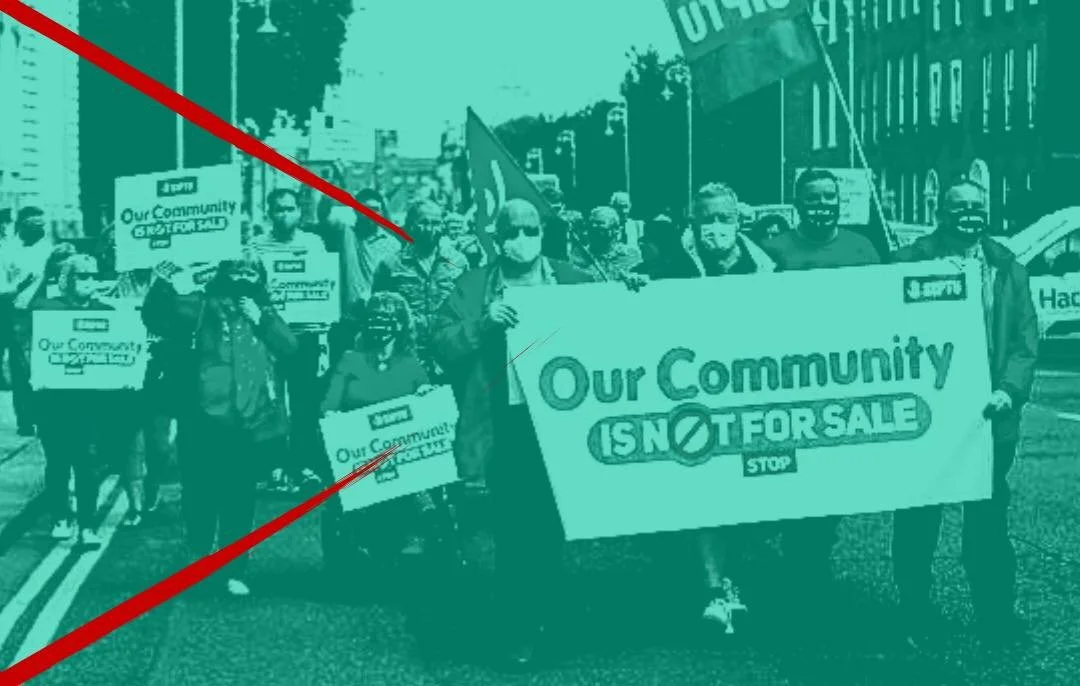Trade Unions Unite To Demand Better Deal For Community Sector Workers
Unions in the community and voluntary Sector have combined to lodge a pay claim for all staff working in that sector. This sector covers a wide array of services that are state-funded but that usually exist to address gaps in state services, for example family resource centres, disability services, addiction supports, jobs clubs etc.
SIPTU, Forsa, the Irish Nurses and Midwives Organisation and the Congress of Trade Unions have come together to seek a 3% pay rise. However, perhaps a more crucial part of the claim is that it seeks to establish a national body for negotiations on terms and conditions for all workers in the community and voluntary sector.
While there have been, and are ongoing, disputes in individual places of employment, the outcomes have generally not been favourable for Community and Voluntary Sector workers.
Indeed there are a multiple existing Labour Court recommendations in favour of workers that the state refuses to comply with, arguing that they are the funders rather than the employers.
However, this is simply sleight of hand, attempting to conceal the fact the funders - ie: the state - control almost all aspects of the operations of the voluntary / community organisation that they are funding. This includes everything from the type of service offered to human resources. In effect, the state is ignoring the decisions of its own specialist court for dealing with such matters.
CE workers demanding their pension right in February 2019
Some workers have pursued their grievances with their individual employers, such as with the long-running CE Supervisors pension campaign. They are seeking to implement a Labour Court recommendation to introduce a pension from 2008 and despite strikes and political campaigning, the dispute remains unresolved.
Éirígí has previously highlighted, Local Employment Services and Jobs Clubs employees have balloted for strike action to try to prevent the privatisation of their services.
The coming together of the unions that represent the workers in this sector, combined with organising efforts to recruit more members over the last few years, is welcomed by Éirígí.
It will give a stronger hand in negotiations for workers who have experienced a range of cuts, both in terms of pay and staffing, since the economic crash that followed the Celtic Tiger. It will hopefully also bring the sector closer to the full unionisation of all work places - a prerequisite for the democratic economy that Éirígí wants to see at the heart of a future New Republic.


